Protect yourself against breast cancer
By Jessah Robinson, Adv Dip (Nut Med)
Breast cancer is the most common cancer among women. Despite the good news that breast cancer fatalities have dropped by more than 20 per cent since 1994, the majority of women with breast cancer do not have a family history of the disease, so being aware of the other risks is essential for protecting yourself. After all – knowledge is power.
Risk factors include: family history of breast cancer, early onset of periods (< 12), late menopause (> 55), getting older, delaying children, and taking HRT.
While there are many factors you don’t have control over, here are lifestyle changes you can adopt now to protect yourself:
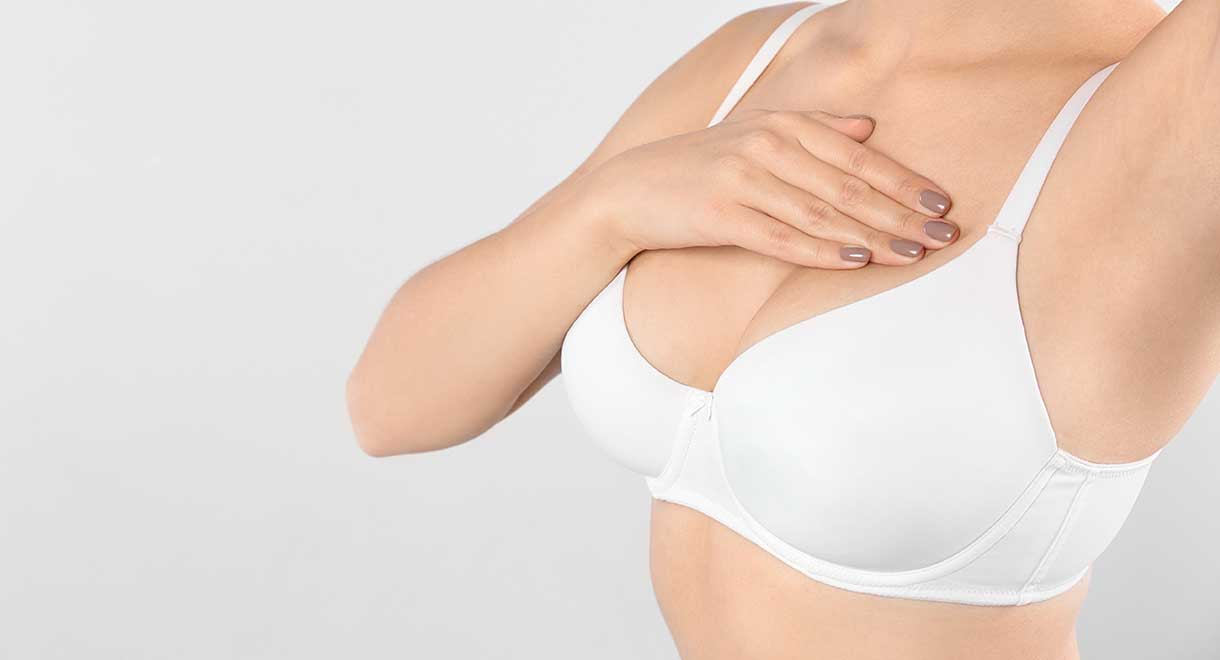

Become familiar with your breasts
Pay attention to the look and feel of your breasts while showering, getting changed or looking in the mirror. Being aware of what is normal, will help you to detect any breast changes such as; a new lump or lumpiness (especially if only in one breast), change in breast size or shape, nipple discharge, redness or dimpling, or an unusual pain. If you notice any of these changes, make an appointment to see your GP. Finding breast cancer early gives you the best chance of beating cancer.


Keep your breast tissue healthy
The minerals iodine and selenium are concentrated in the breast tissue because they are needed to protect breast tissue from excess inflammation. Studies have shown that iodine and selenium can improve the health of breast tissue and reduce cyst formation. Vitamin D and zinc support healthy immune function which also reduces inflammation.


Reduce alcohol intake
As much as you may enjoy a glass of wine or two with dinner, making this a daily occurrence not only increases your risk of breast cancer, but also cancers of the liver, rectum and upper digestive tract. Aim to have at least four alcohol-free days a week, and rather than using alcohol to unwind, take up meditation, watch an episode of your favourite TV show, or take your dog for a walk.
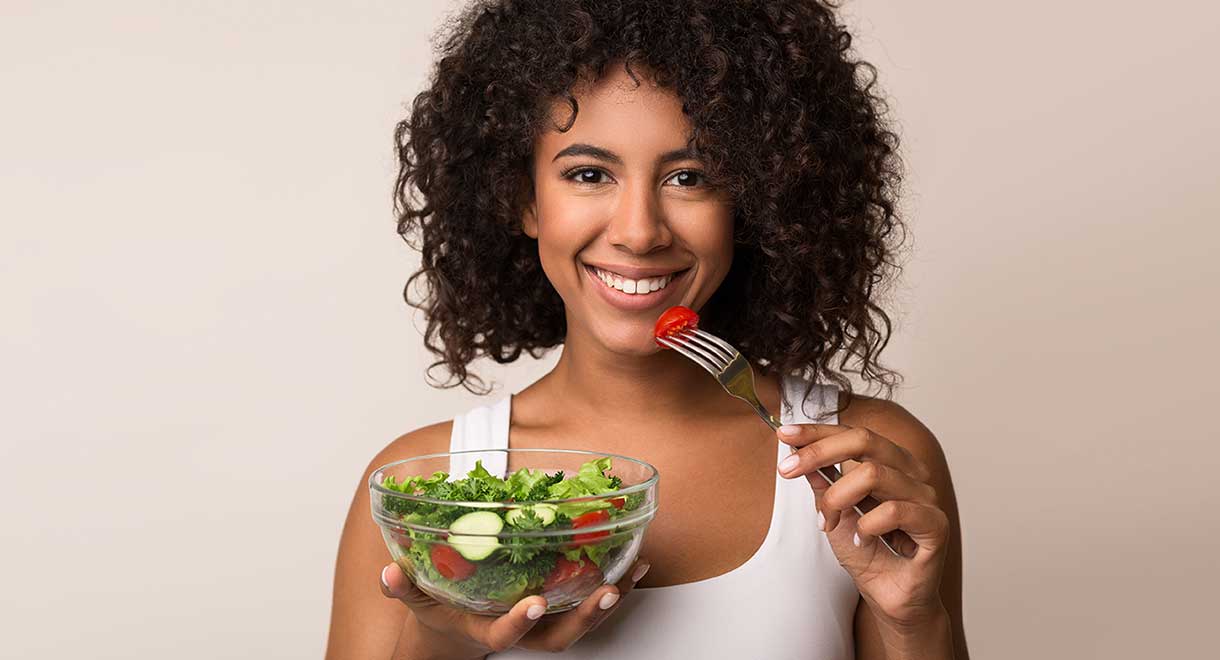

Maintain a healthy weight
According to research by the University of Melbourne, women who are overweight, insulin-resistant or have elevated blood sugar levels may have a higher risk of diagnosis with more advanced breast cancer. Fat tissue releases inflammatory hormones and chemicals that can be cancer-causing. Practice portion control, exercise regularly, get adequate sleep and set aside time each day to relax.
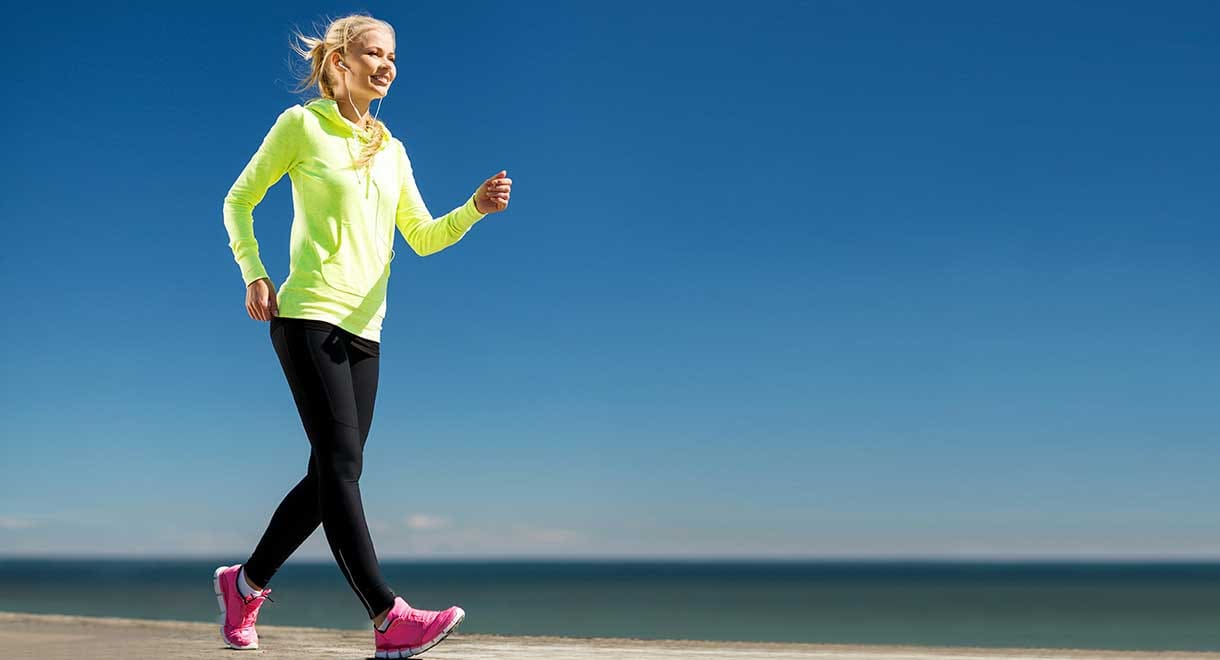

Move your body
We all know exercise is good for us, so it should come as no surprise that women who exercise have a lower risk of developing cancer. Exercise also reduces LDL (bad) cholesterol, lowers insulin, lowers blood pressure, boosts metabolism and improves mood. Allow yourself to sweat when exercising, as sweat is a source of elimination for toxins that you do not want accumulating in the lymph nodes (glands) in your armpits and tissue surrounding your breasts. Such toxins can be carcinogenic. With so many different forms of exercise, there’s sure to be something you’ll enjoy whether it be walking, running, yoga, swimming, dancing, rock climbing, or CrossFit.


Clean up your diet
Foods that are high in refined carbohydrates and sugar such as white rice, most breads, baked goods, crackers, chips and soft drinks, not only contribute to obesity but can also increase your risk of breast cancer, heart disease and type 2 diabetes. Check out these healthy food swaps to make now. Drink plenty of water and increase your intake of liver friendly fruits and vegetables. The liver breaks down fat-soluble toxins that mimic oestrogen and can build up in breast tissue causing unwanted changes.


Reduce stress
When we are stressed, especially on a regular basis, our body releases excess cortisol – which lowers our immunity and leaves us more vulnerable to free radical damage that may cause cancer. There are many ways to reduce stress such as spending time with loved ones, listening to some relaxing music, watching a favourite sitcom, meditating or practicing some deep-breathing exercises. When we are stressed, we also deplete ourselves of magnesium, a powerful mineral which helps to relieve symptoms of stress and supports muscle relaxation.



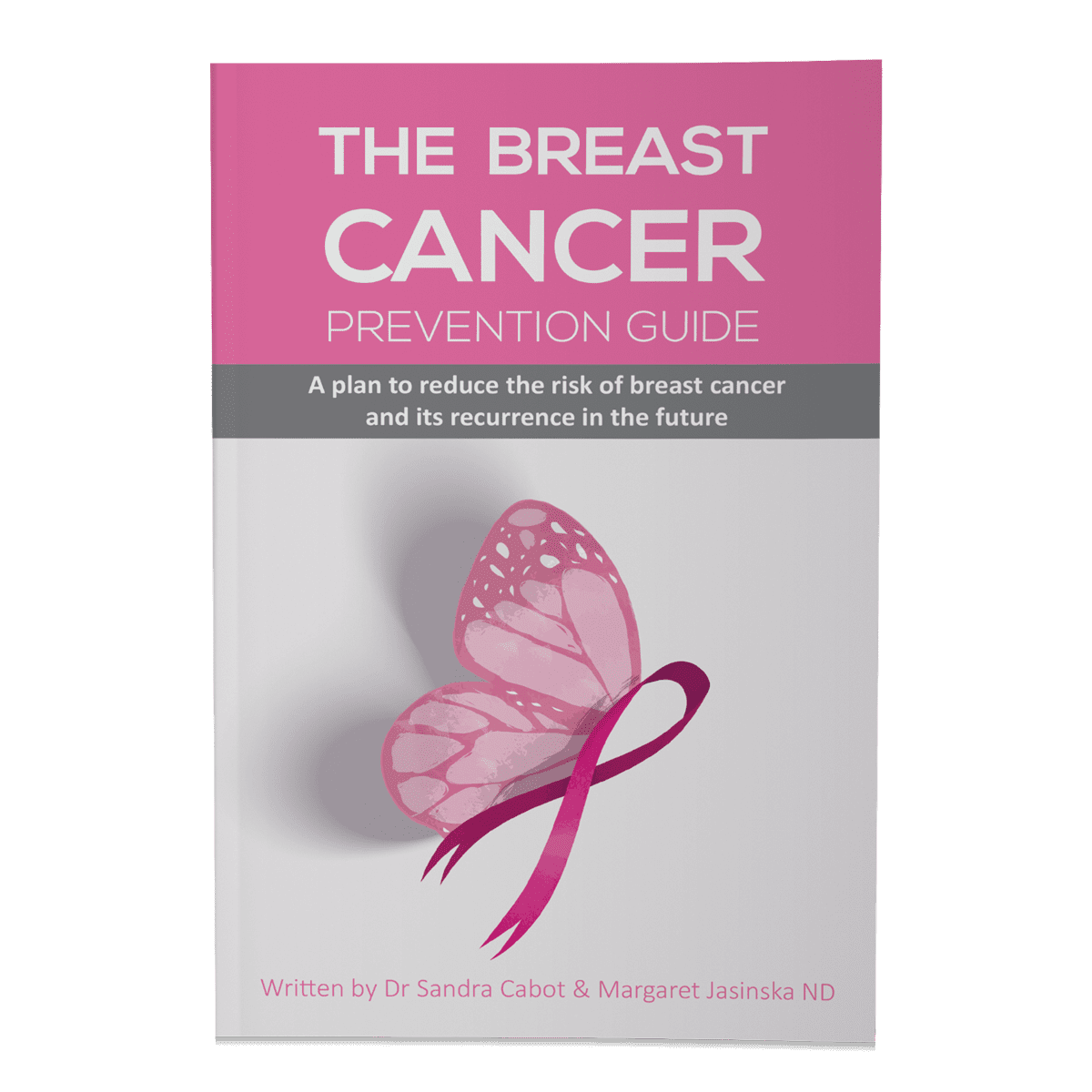






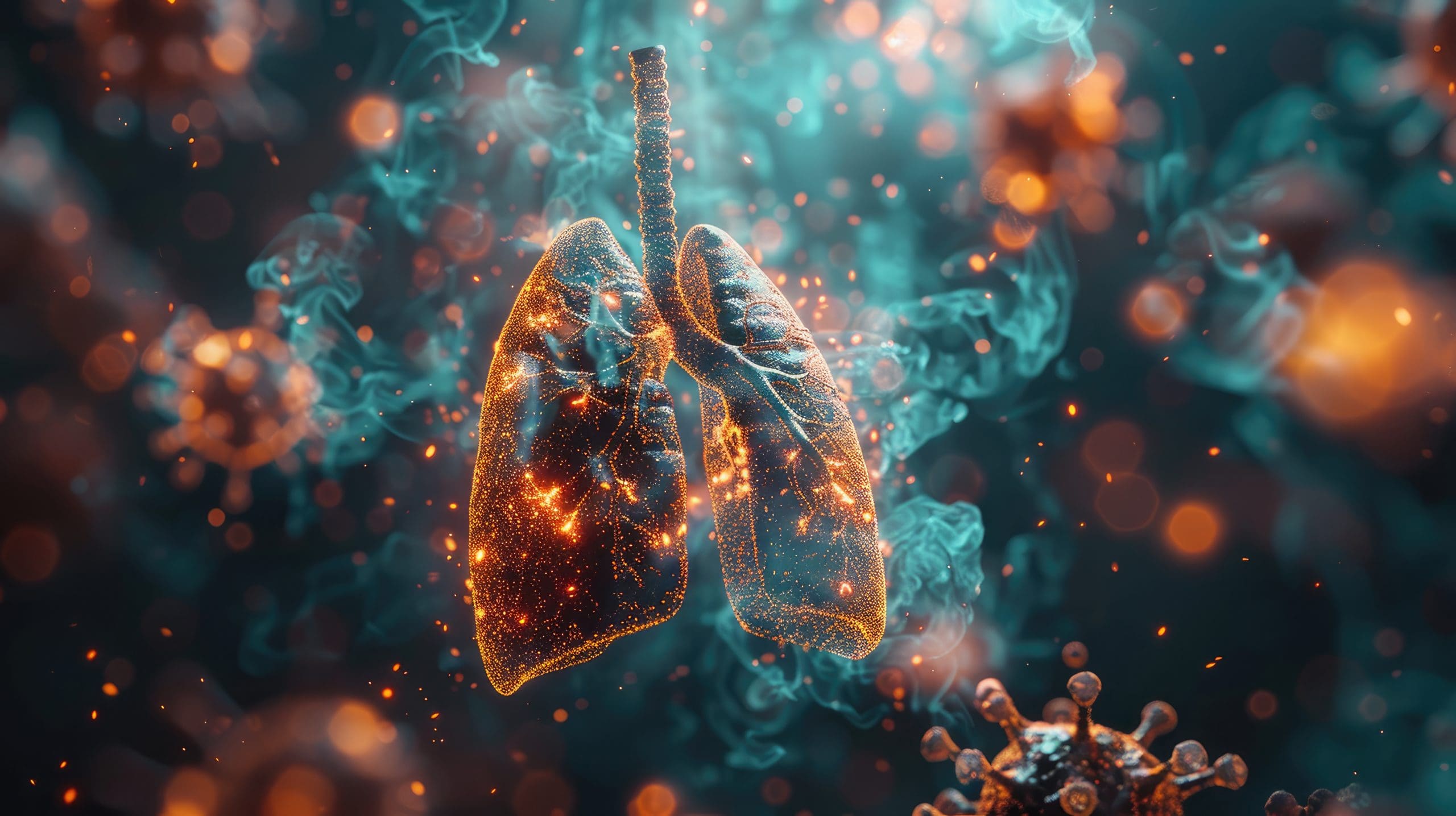
Leave A Comment